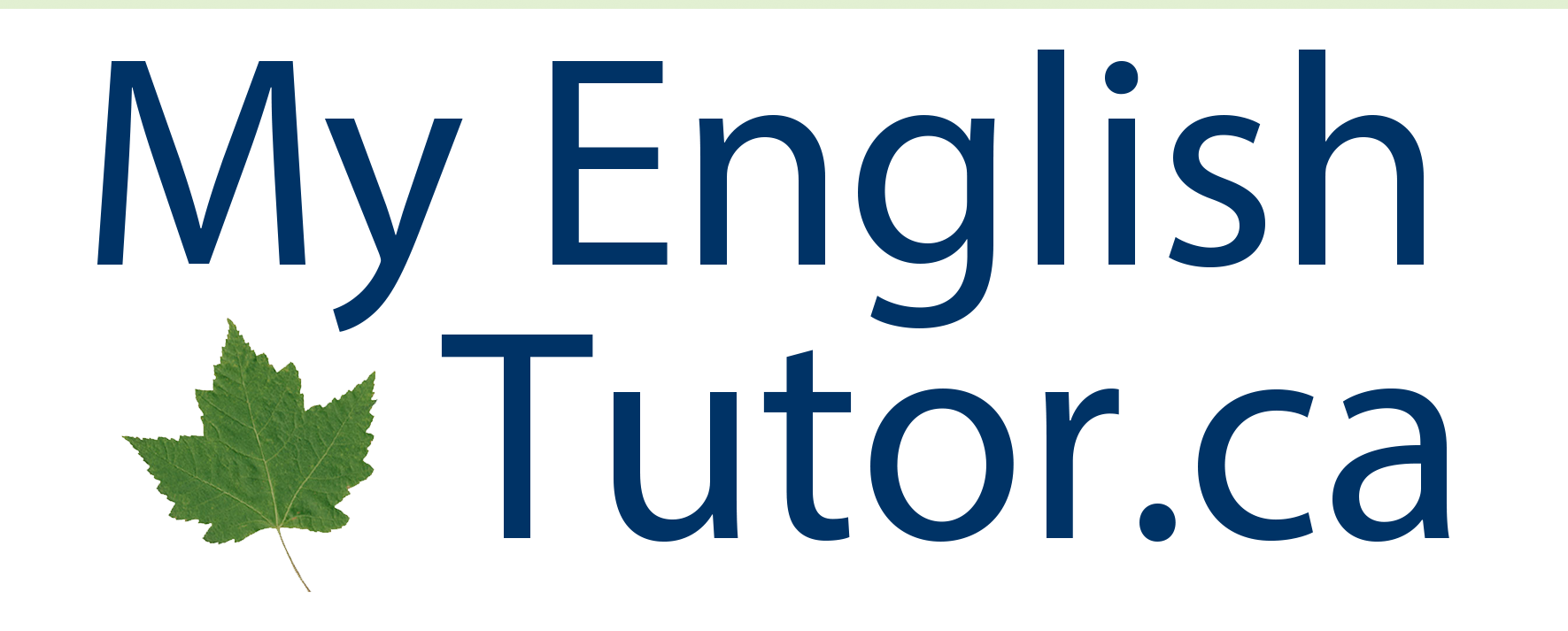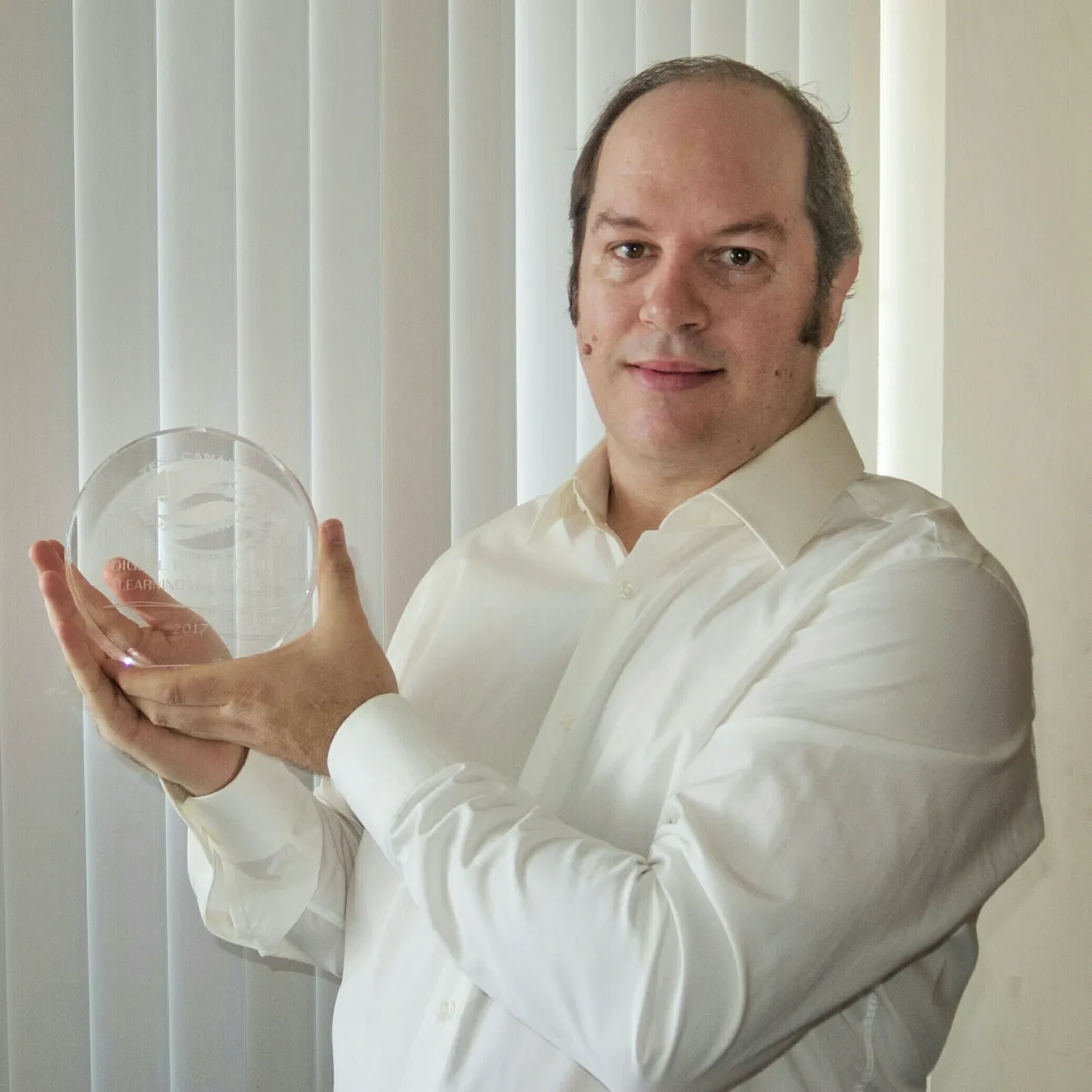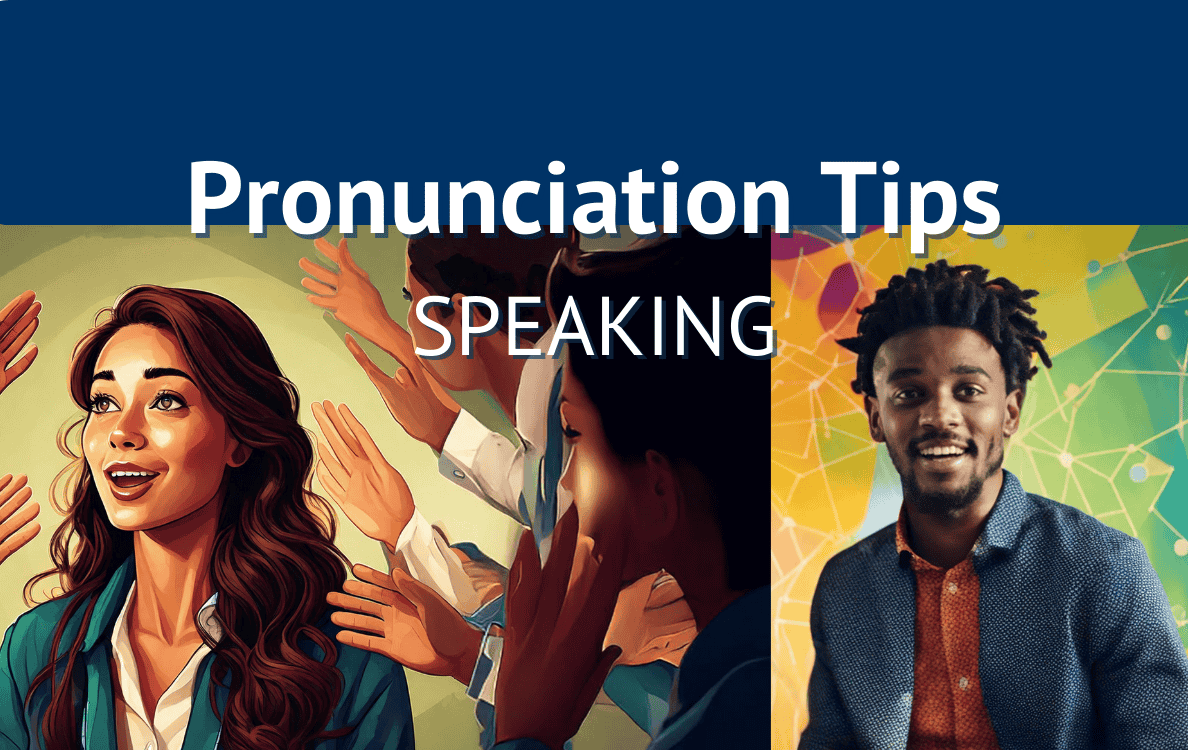You speak to people everywhere but aren’t sure if they are picking up everything that you say. How can you ensure your words reach them clearly and you are understood?
This is not a simple question but there are approaches and strategies that English learners and students can employ to give them some assistance when communicating orally in English. Verbal skills can be developed, honed and refined. You can clearly communicate if you work on these things:
- grow and know vocabulary
- improve broad fluency
- improve specific accuracy
- work on accent reduction
- develop stronger listening skills
Let’s look at a few of these areas in more detail.
Get the feeling people don’t understand you?
Learn to speak more clearly, fluently and accurately. Master these areas and you will speak more confidently.
Don’t forget to work on vocabulary and simply raising the level of your voice while trying to enunciate (make sounds as clear as possible).
Contact me for more information and help with your English.
Grow your vocabulary
To use an expression, “it goes without saying,” but let’s say it anyway. A strong and rich vocabulary will go a long way to speaking competently. Let me give you an example from real life.
I knew an Italian-Canadian immigrant who had some issues with grammar and a little accent but he could communicate in English on a large variety of topics because he had lived here a long time and he grew his vocabulary.
You can do the same! No matter what else, take notes either mentally or in a notebook, take time to review and practice new words, and consciously try to expand your vocab. Whenever possible take a new word and look at all the possible forms and parts of speech – nouns, verbs, adjectives, adverbs etc., Learn if the word is common or uncommon, what the root form is, or related words (by synonym or etymology). Find out what slang or idiomatic expressions can be used with the word. do these things and you’ll master new vocabulary. You’ll really KNOW your vocabulary.
Improve your broad fluency
Improving your fluency means a range of things including getting better at speaking about a variety of topics with a range of people in a larger number of scenarios. It also means gaining competency to communicate in micro situations where a practical set of words is used.
How about ordering a coffee and snack at Tim Horton’s or Starbucks? In these cases a few dozen unique words are required that derive from the menu and the restaurant’s jargon. Tim Horton’s represents a general Canadian mainstay while Starbucks represents an American or international set of words associated with coffee culture. Learn a little of both. This broad fluency in coffee shop / cafe situations will come in handy for business meetings or short breaks with colleagues. Broad implies knowing a little or a lot from a wide set of circumstances or topics.
In the end, fluency means (according to Oxford), having the “ability to express oneself easily and articulately.” Again we are looking forward to mastery and we’ll be happy to slowly master different common scenarios and social situations.
Improve your specific accuracy
You might be wondering what the difference is between fluency and accuracy. to start, as mentioned above, fluency tends to be a broad competency. You can do many things. However accuracy tends to reflect specialisation and competency in specific things. This is the area of speaking where we get to, to use another expression, “the meat” or “the heart” of the matter.
Often to be understood you need to use a variety of strategies but getting to the point, speaking clearly and accurately means your pronunciation is spot on (accurate) and your word selection and grammar also match up well. So you can be accurate with your sound (pronunciation) and accurate with your verb tenses (grammar).
This leads us to accent reduction and pronunciation , which we could regard as encompassing generalist and specialist abilities. Generally you would like to reduce your accent and adopt an internationally acceptable English accent and specifically you need to gain accuracy with those complicated English vowel sounds, as you’ve recognised that English has a more complicated system of sounds than those found in your language,
Reduce your accent
Sometimes our way of speaking or accent, derived broadly from our native language or regional dialect, can get in the way of clear communication. In these cases we can try to develop a clearer English by reducing the impact our native language has on our speaking. Perhaps your language has a feature like nasalisation, that may not be as common as in English. French for one is strong with nasalisation, meaning some sounds are produced partly in the nose, not just in the mouth or throat.,
According to Quora: “A lot of languages have nasal vowels, but from them, the main are Portuguese, French, Polish, and Hindustani (Hindi and Urdu).” If you are a speaker of these languages try to reduce nasalisation when speaking English. Of course if you speak Mandarin or Cantonese Chinese, Russian, German, Japanese, Tagalog, Spanish or any other languages you also gave the responsibility io identify your strong accent areas and try to reduce or modify them when they impact your clarity in English
One interesting idea related to accent reduction is the idea of adopting a persona. A persona is, according to dicotnary.com., “a person’s perceived or evident personality, as that of a well-known official, actor, or celebrity; personal image; public role.” when I think of this I always imagine that a learner of English could imagine an actor or celebrity they admire and try to emulate their speaking voices. For example a woman in North America may choose Jennifer Aniston or Beyonce and a man in Europe might look to Hugh Grant or any other UK speaker for inspiration.
Overall though an accent is part of our culture and character, and even if you learn to mimic an American, Canadian or UK English accent, you’ll likely retain your own native languages particular sound and accent, and that is just fine. In fact it is inevitable. Remember the Italian man I mentioned at the beginning of this article? He had an unmistakeable accent that occasionally interfered with his fluency but overall if didn’t have to much negative impact.
so by all means cherish and love your accent, and simply to reduce it for the purposes or speaking clearly in English.
Develop your listening skills
One of the characteristics of the best students I’ve ever encountered so far as English language study goes is that they often were immersing themselves in English media, whether that was music, film, tv, news or another communication lplatform. I’d imagine even social media can play a role though obviously the first of the group, namely music and tv / film involve the skill of listening.
When it comes to advice on this topic I will readily say “the more the merrier,” meaning simply that a bigger exposure to English listening content will generally have s positive impact. But since I’m trying to really push you to grow your skills let’s focus on a few key areas.
First I’d suggest finding some podcasts or YouTube vlogs where the creators publish at least 3-5 times per week and you can tune in at regular intervals to listen. Before you listen, look at the introduction and title of the price, check out the graphics or images, and generally reflect on your prior knowledge of the topic. you may increase the chances of your successfully understanding the listening by even giving the topic a quick review bia a Wikipedia or dictionary check-up.
Overall the way I like to express it it, is that listening is truly the sibling of speaking. they are in fact twins of a sort. As you grow your ability with one the other will follow suit. this means when listening skills expand your speaking is bound to also expand.
Wrapping Up
What are your thoughts on learning how ti improve your speaking? Have you tried these techniques and applied these areas of study to your personal learning program? Let me know what you think. I’d love for you to touch base via the contact form.
Thanks for reading!
Mike Simpson
About Teacher Mike Simpson
Thanks for reading. I am a teacher from Toronto, Canada. I can help you with your English and communication for personal or professional purposes. Contact me to ask about my rates and availability.
I have been teaching ESL, English, and design communications for 20+ years. If you would like to ask me about my experience or have any other questions please feel free to get in touch.








